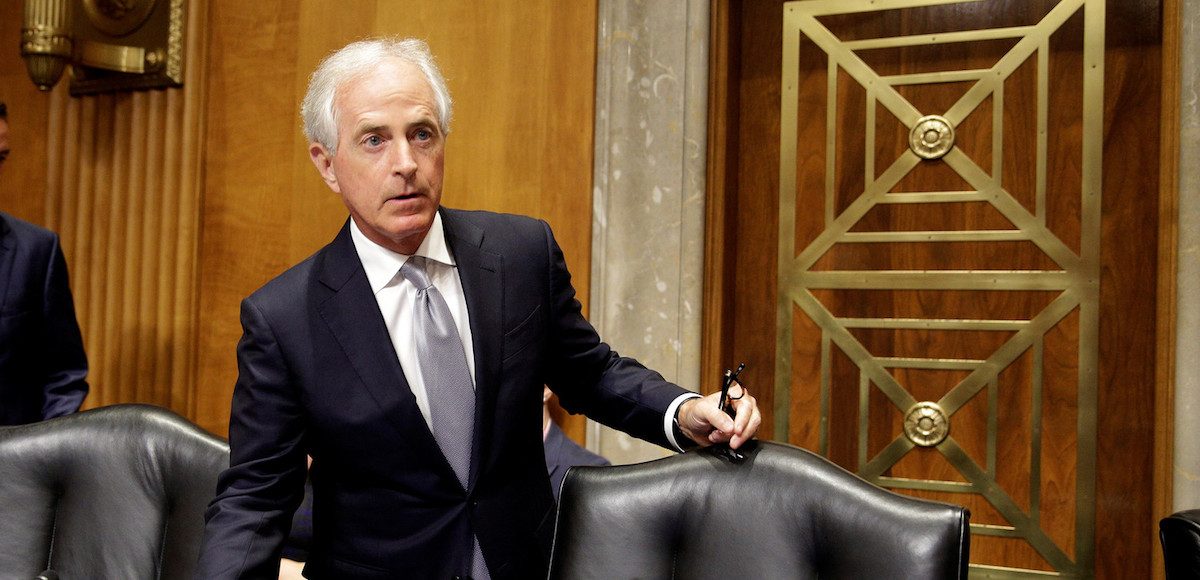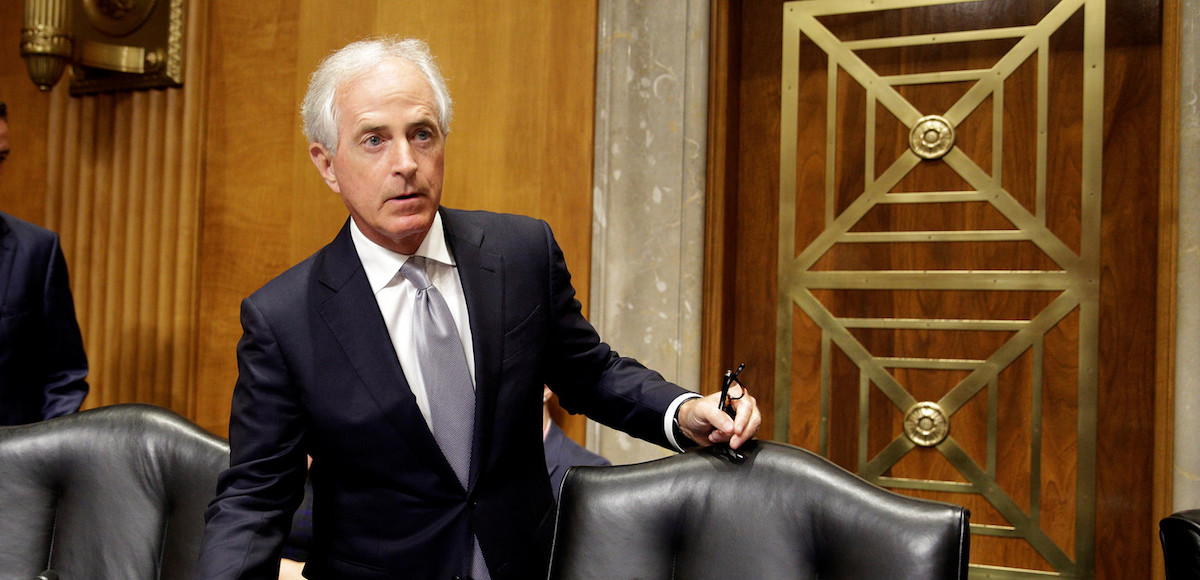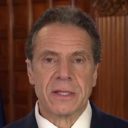

Senator Bob Corker, R-Tenn., arrives for a Senate Foreign Relations Committee hearing on Capitol Hill in Washington, U.S., October 24, 2017. (Photo: Reuters)
I’ve been grousing all year that tax cuts and tax reform are jeopardized by the failure to restrain the growth of federal spending. At the start of the year, I pointed out that it would be possible to both balance the budget and approve a $3 trillion tax cut if spending grew each year by an average of 1.96%.
That modest bit of fiscal discipline apparently was asking too much.
When President Donald Trump’s budget was released in May, he proposed that spending should increase by an average of 3.5% annually.

But neither Trump nor Republicans on Capitol Hill have done much to hit even that lax target, which is especially disappointing since they actually did a good job of restraining spending when Barack Obama was in the White House.
So, the federal budget instead is operating on auto-pilot and spending is now projected to increase by 5.2 percent annually, more than tw0-and-one-half times faster than needed to keep pace with inflation.
Sigh.
No wonder I’ve fretted that GOPers can’t be trusted to do the right thing.
The net result of all this is that there’s very little leeway for tax relief under congressional budget rules. This is why Republicans are looking at tax reform proposals that only have a modest tax cut in the first 10 years and no net tax cut after the first decade.
But even that may be too much to hope for.
Republicans on Capitol Hill are now considering an automatic tax hike as part of tax reform legislation. I’m not joking.
Senate Republicans are considering a trigger that would automatically increase taxes if their sweeping legislation fails to generate as much revenue as they expect. It’s an effort to mollify deficit hawks who worry that tax cuts for businesses and individuals will add to the nation’s already mounting debt. …The trigger would be a way for senators to test their economic assumptions, with real consequences if they are wrong. “Do we have realistic numbers and is there a backstop in the process just in case we don’t?” asked Sen. James Lankford, R-Okla. “We should build in the ‘What if?’ What if this doesn’t work?” Lankford said. “What changes might be needed in the tax code in the days ahead to be able to adjust in what scenario?” Sen. Bob Corker, R-Tenn., said the Trump administration and Senate Republican leaders are open to some kind of a trigger to increase revenues if the tax plan falls short. Neither Corker nor Lankford spelled out exactly how the trigger would work, noting that senators are still working on the proposal.
This is discouraging beyond words. I’m almost at the point of wanting the whole exercise to collapse.
But I don’t want to lose sight of two very important goals: Lowering the corporate rate and getting rid of the deduction for state and local income taxes (and I’m still fantasizing about a third goal of death tax repeal).
So let’s contemplate what a tax-hike trigger would mean.
First, what tax hikes would be imposed by a Trigger?
Any automatic tax hike is a bad idea, but not all tax increases are equally bad. If politicians insert a provision that automatically increases the corporate tax rate, that’s a very bad recipe for uncertainty and the result will be less growth. If the standard deduction for households is reduced, by contrast, the resulting increase in taxable income will give politicians more tax revenue but not cause as much harm.
Second, would a Trigger be linked to projected revenue(s)?
Based on the article, it appears that politicians are focused on potential revenue shortfalls. But are they looking at overall revenue, or revenue by category? This raises important questions, such as whether businesses should get hit by an automatic tax hike if individual tax collections fall short – or vice-versa.
Third, is a Trigger linked to deficit projections?
Early last decade, some politicians wanted tax-increase triggers based on what happens to deficits and/or debt. This approach would create a perverse scenario where taxpayers are punished when politicians over-spend. And what happens if there is a recession, which would mean falling tax revenues? Do politicians really want an automatic tax hike in a faltering economy?
Fourth, is a Trigger symmetrical, meaning automatic tax cuts are possible?
If taxpayers are punished when revenues fall short, simple fairness requires that they benefit if revenues rise faster than projected. Since the bean counters at the Joint Committee on Taxation almost surely will underestimate the pro-growth impact of a lower corporate tax rate, this is especially relevant when looking at specific sources of revenue.
Fifth, why not a spending-cut Trigger?
Since America’s long-run fiscal problems are entirely caused by excessive government spending, politicians who claim to be concerned about fiscal balance should support a provision to automatically restrain spending. Such a mechanism already exists, and it works very well. It’s called sequestration.
Sadly, the fifth option is not very likely. Under current law, there are partial spending caps as a result of the 2011 Budget Control Act. But big-spending Republicans cancelled the sequester in 2013, and then cancelled another sequester in 2015.
So I won’t hold my breath for a sequester in 2017.






